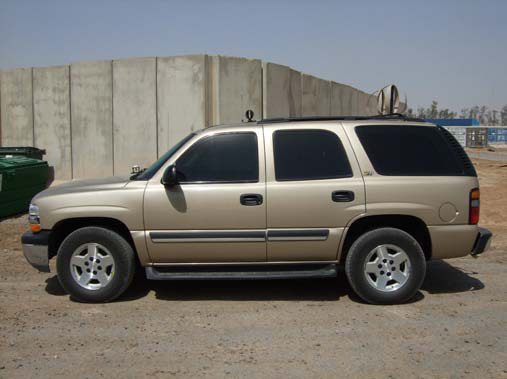Lockheed Martin recently delivered its 2,000th Symphony jamming system to help protect allied convoys and soldiers in Afghanistan and Iraq from the threat of remotely-detonated improvised explosive devices (IEDs).
Able to simultaneously jam select or multiple electronic signals used to trigger a radio-controlled (RC) IED, the Symphony RC-IED Defeat system is the only jammer of its kind approved by the U.S. government for foreign military sale to allied, coalition and partner nations.
The small, vehicle-mounted system is easily installed on and operated from nearly any security force mobile platform to help protect troops in settings ranging from heavy urban neighborhoods to rugged rural terrain. Programmable and easily updateable, Symphony can quickly shift operation to address changes in electronic signal attacks. It also does not interfere with active coalition communications and electronic systems. Symphony is interoperable with other jamming devices used by the coalition in theater.
“Our allied warfighters in theater face threats from hidden explosive devices on a daily basis and the Symphony RC-IED Defeat system has proven itself as a significant electronic force protection asset,” said Lee Lilly, Lockheed Martin’s Symphony business development manager. “Furthermore, by protecting convoy vehicles from RC-IEDs, Symphony actually frees up allied, coalition and partner nation troops to focus more on their counter-terrorism and counter insurgency missions.”
In March 2010, the U.S. Navy awarded Lockheed Martin a sole source indefinite-delivery-indefinite-quantity contract for Symphony RC-IED Defeat jammer systems. The contract award specified an initial task order valued at $40.8 million with a ceiling of $940 million through September 2014.
Headquartered in Bethesda, Md., Lockheed Martin is a global security company that employs about 126,000 people worldwide and is principally engaged in the research, design, development, manufacture, integration and sustainment of advanced technology systems, products and services. The Corporation’s 2010 sales from continuing operations were $45.8 billion.










